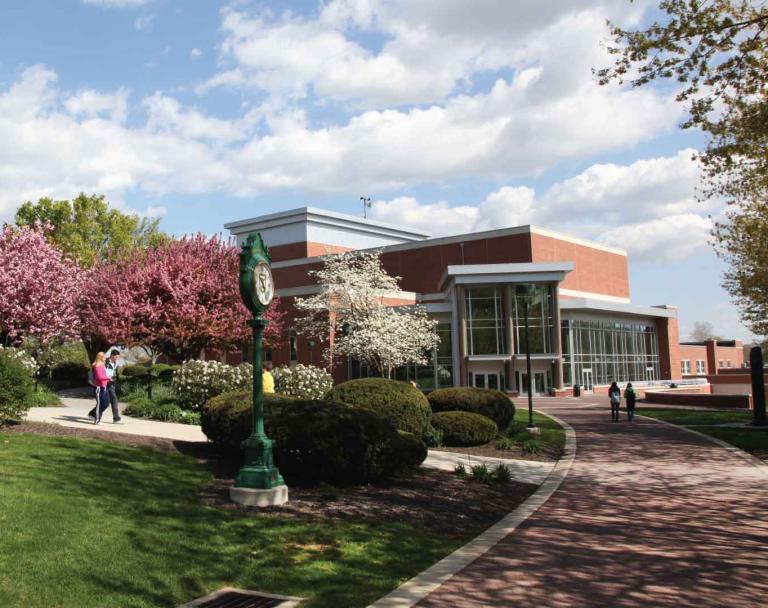Sloan Healy

Student Showcases Research on “Does the Increased Rate of Handwashing Due to COVID-19 hinder the Ability to Develop Fingerprints”
Recent graduate Sloan Healy ‘22 is a Forensic Chemistry major with a Mathematics minor who presented her research, “Does the Increased Rate of Handwashing Due to COVID-19 hinder the Ability to Develop Fingerprints,” at the Undergraduate Research Showcase in April.
Healy’s research focused on how our tendencies have changed due to the COVID-19 pandemic, specifically in the field of forensics.
“I knew that everyone was washing their hands and using hand sanitizer like crazy, and every time you wash your hands the natural oils are stripped from your skin. These oils are what react in the different methods of fingerprint development, and that reaction is what leaves us a visible fingerprint.” Knowing this, Healy gained an interest in seeing the change in fingerprint development over time compared to two widely used methods of collection

